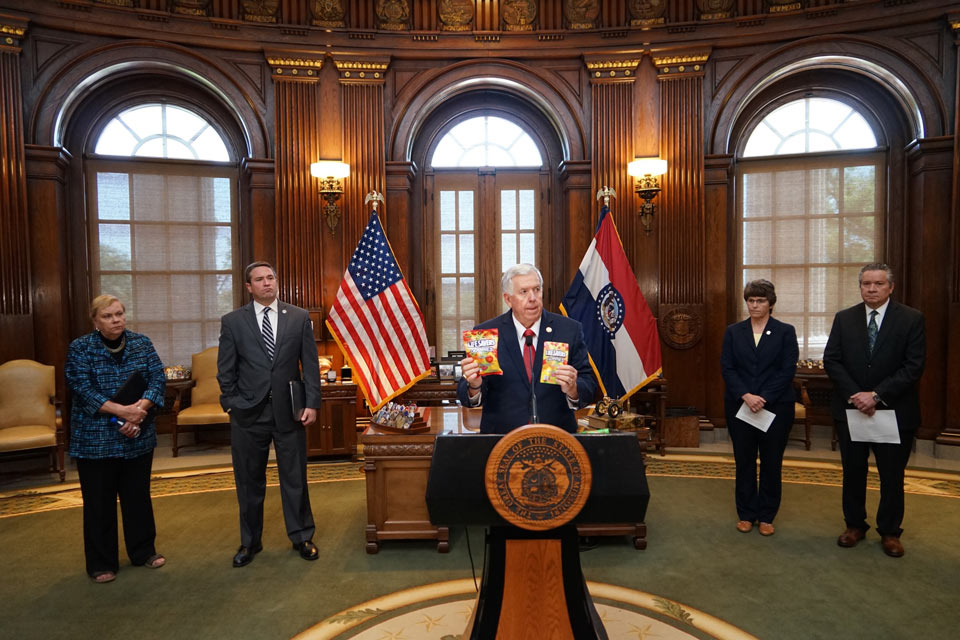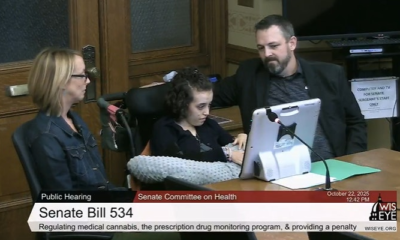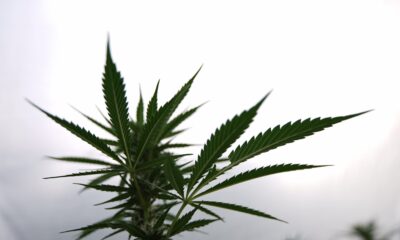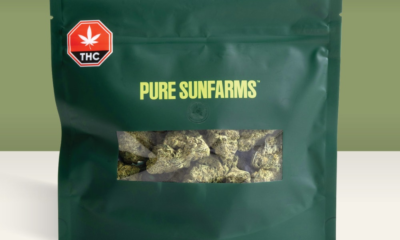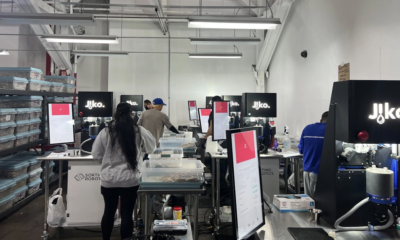A controversial ban on hemp products is back in effect this week in Missouri, following weeks of political infighting that threatened to delay its implementation.
The Missouri Department of Health and Senior Services said in a statement that Gov. Mike Parson’s Aug. 1 executive order prohibiting the sale, manufacture and delivery of food products containing psychoactive cannabis will proceed as planned. The department will begin taking “steps to embargo and condemn these products” at the start of next week, according to the updated Aug. 29 announcement from the agency.
The ban applies to consumables sold outside the state’s regulated cannabis market, targeting products with intoxicating cannabinoids such as delta-8 THC. It does not affect products containing non-psychoactive CBD, nor does it specifically outline provisions against the recently spreading THCA.
The full list of banned substances:
- delta-10 tetrahydrocannabinol (THC)
- hexahydrocannabinol (HHC)
- tetrahydrocannabinol (THC-O)
- tetrahydrocannabiphoral (THCP)
- tetrahydrocannabivarin (THCV)
In a statement, DHSS Director Paula F. Nickelson cited public health concerns, particularly among youth, as the primary motivation for the ban.
“We have seen the negative impacts of unregulated psychoactive cannabis products firsthand,” Nickelson said. “Numerous Missourians have been adversely affected by consuming foods laced with these products. Disturbingly, children in Missouri and across the nation have been hospitalized after ingesting these substances, and this is unacceptable.”
Parson, a Republican, initially announced the ban on Aug. 1 as part of an emergency rule-making order. However, Secretary of State Jay Ashcroft, also a Republican, initially refused to sign off on the plan, arguing that Parson lacked the required legal justification.
In a strongly worded letter dated Aug. 22, Parson accused Ashcroft of endangering children’s safety for political reasons.
“As best I can tell, you denied this emergency rulemaking because you believe hurt feelings are more important than protecting children,” Parson wrote, suggesting the move was “retribution” for his endorsement of another candidate in a primary race.
Parson’s letter cited a “600% increase in emergency room visits (in Missouri) for children under age five suffering from cannabis poisoning since 2018.”
The new DHSS announcement did not mention the earlier conflict with Ashcroft’s office.
The order effectively prohibits the sale of intoxicating hemp products in Missouri, as neither the Food and Drug Administration nor the state currently recognizes any “approved sources,” according to the DHSS news release. The measure does not apply to products regulated under the state’s legal cannabis program.
Enforcement will prioritize complaints based on health and safety concerns, with special attention to products marketed to children. The public can report unregulated products through the DHSS website.
A related emergency rule proposed by the Missouri Division of Alcohol and Tobacco Control to prohibit the sale of these products by liquor-licensed facilities was rejected by the Secretary of State’s office last week. However, this rejection does not affect the Sept. 1 enforcement date for DHSS, the agency said.
“ATC is continuing to pursue rulemaking on this matter,” the release said.
As the ban takes effect, it represents one of the more aggressive stances taken by a state government on regulating hemp-derived products that often fall into legal gray areas.
hemp-derived-cannabinoids

 California Cannabis Updates1 year ago
California Cannabis Updates1 year ago
 Breaking News1 year ago
Breaking News1 year ago
 best list1 year ago
best list1 year ago
 Business1 year ago
Business1 year ago
 Business1 year ago
Business1 year ago
 cbd1 year ago
cbd1 year ago
 Bay Smokes1 year ago
Bay Smokes1 year ago
 autoflower seeds1 year ago
autoflower seeds1 year ago
